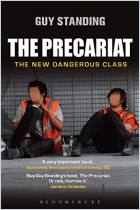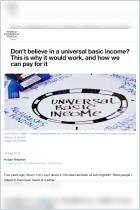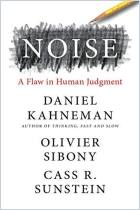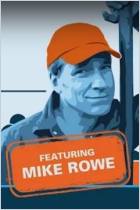
Read or listen offline
Recommendation
As new technologies continue to encroach on low-skilled jobs, the notion that societies inevitably will have to introduce universal basic incomes is making strides. At 2017’s World Economic Forum, a panel of experts discussed the social, economic, political and moral issues that permeate this debate. getAbstract recommends the conversation to policy makers, economists and social entrepreneurs who wish to remain a step ahead of a socioeconomic crisis.
Take-Aways
About the Speakers
Tamzin Booth is The Economist’s business editor. Guy Standing is a co-president of the Basic Income Earth Network. Michael Sandel is a professor of political philosophy at Harvard University. Neelie Kroes is a former EU commissioner for competition. Amitabh Kant is the CEO of NITI Aayog, an Indian governmental think tank.


















Comment on this summary or 开始讨论